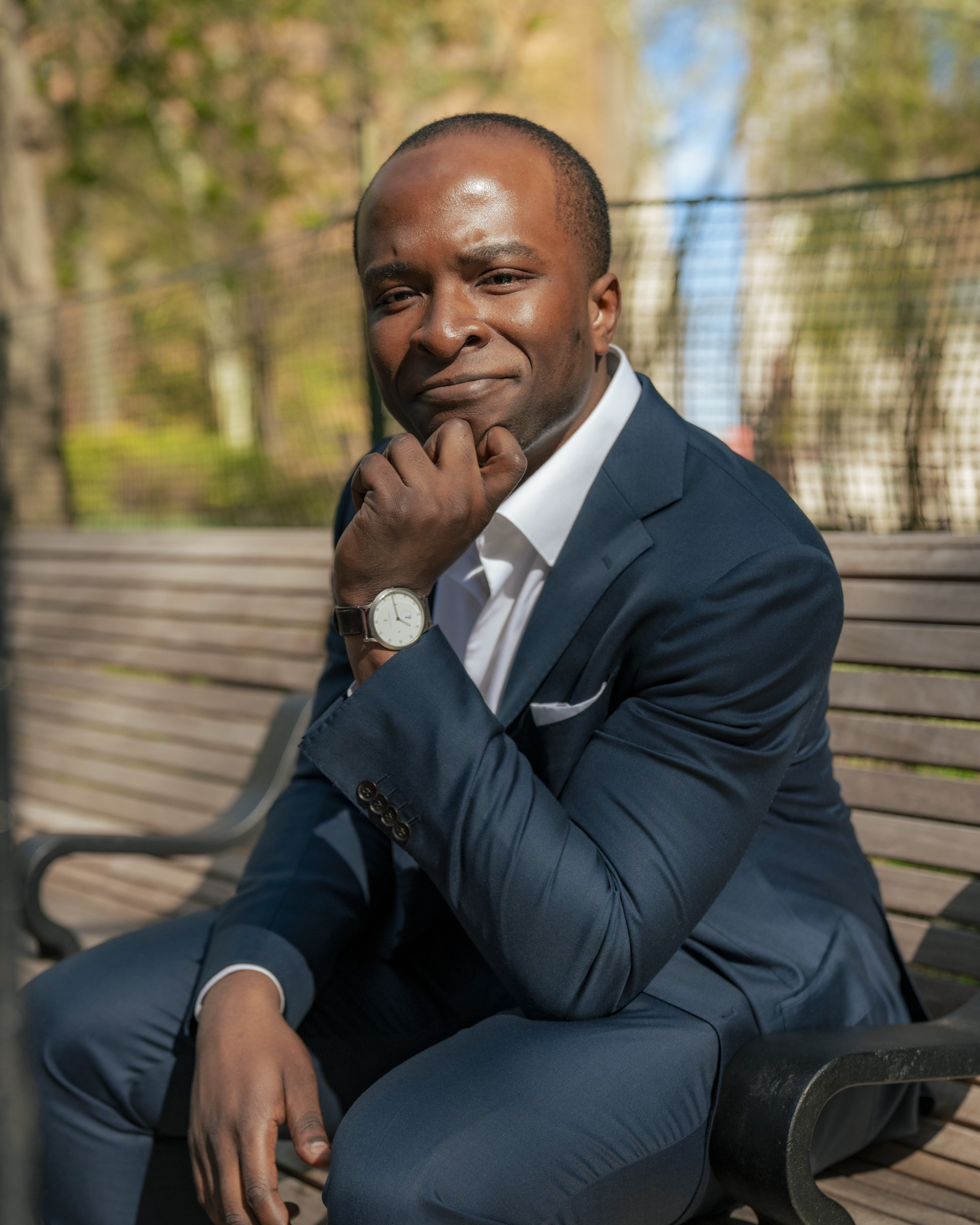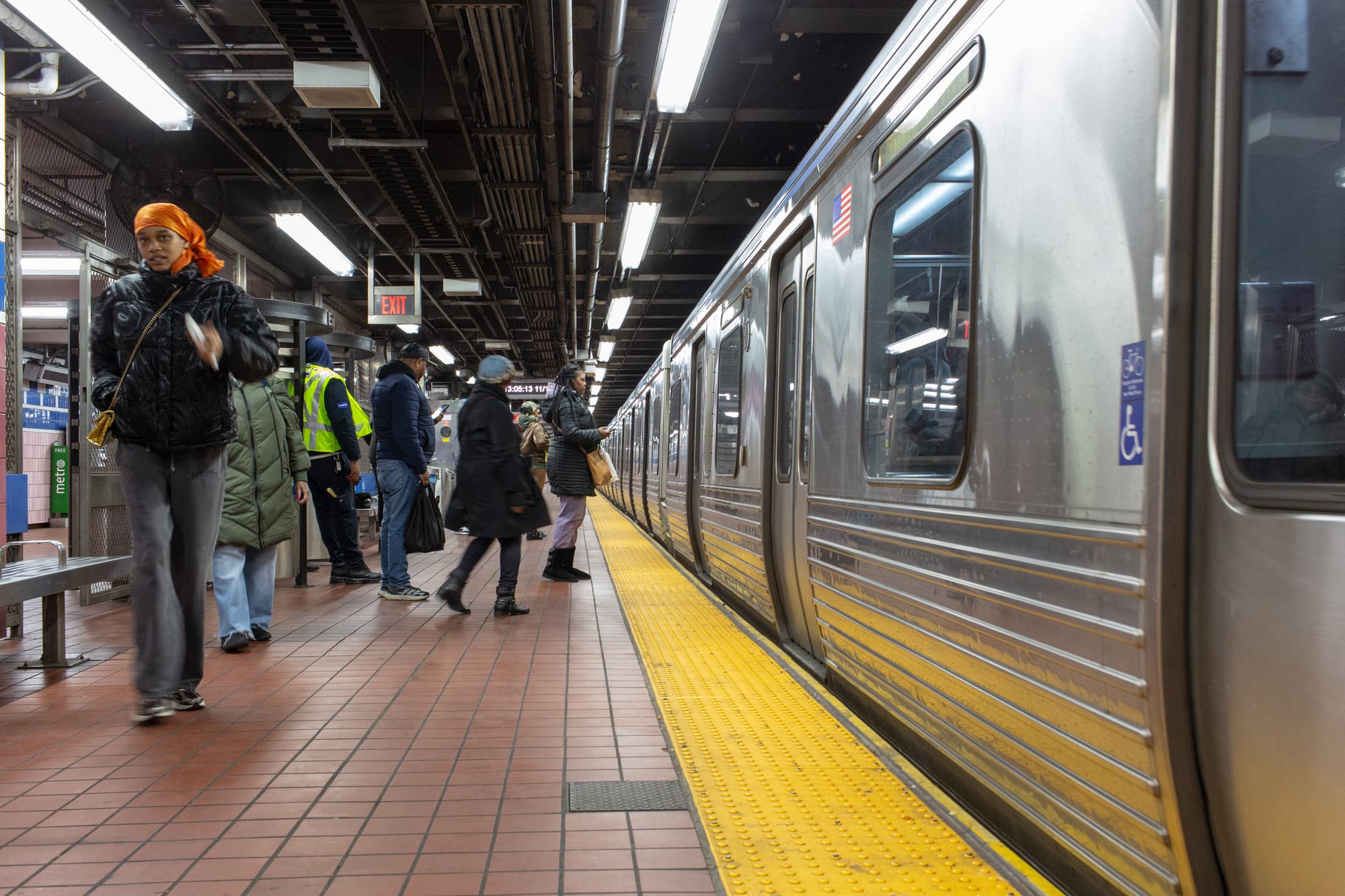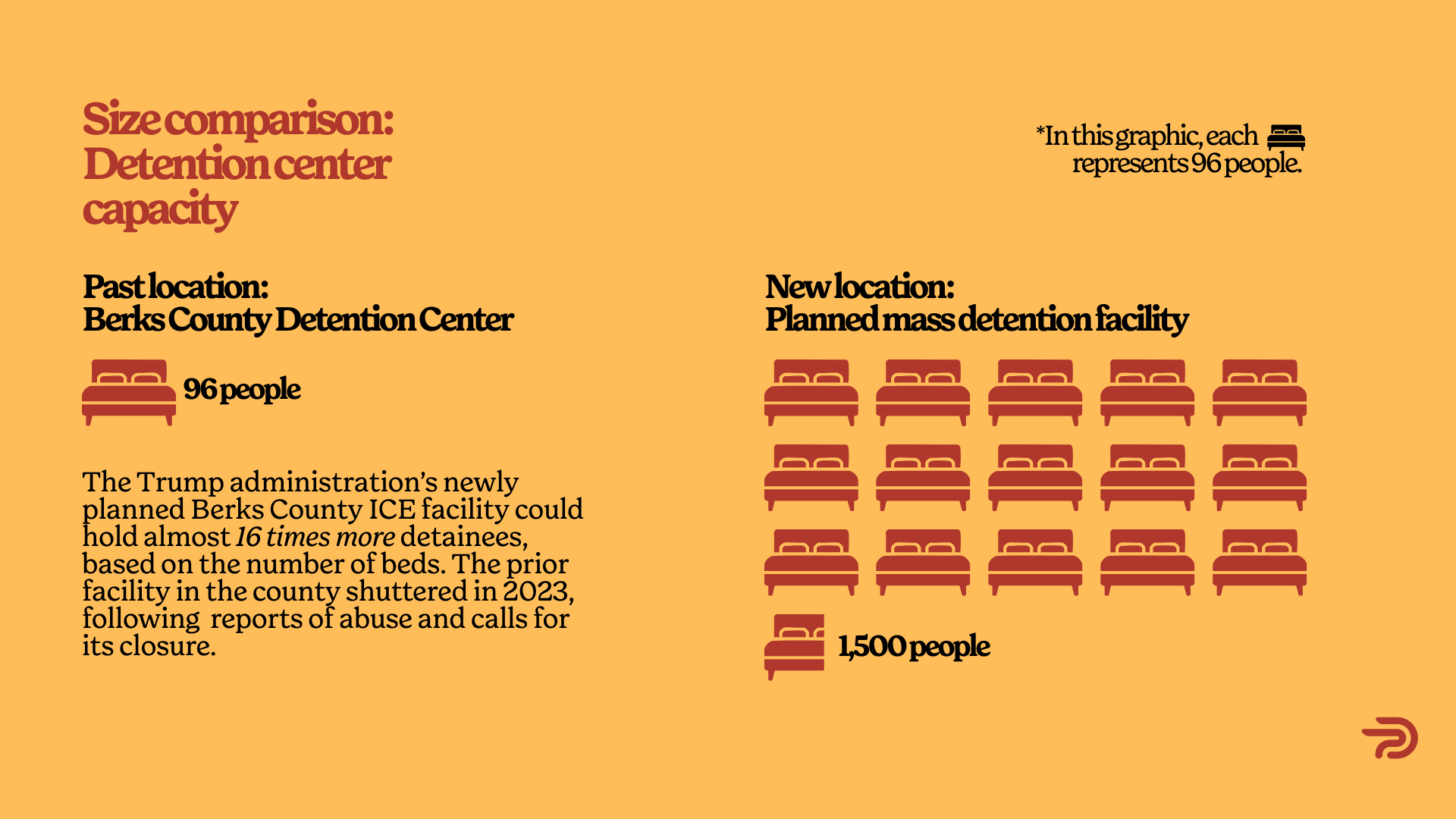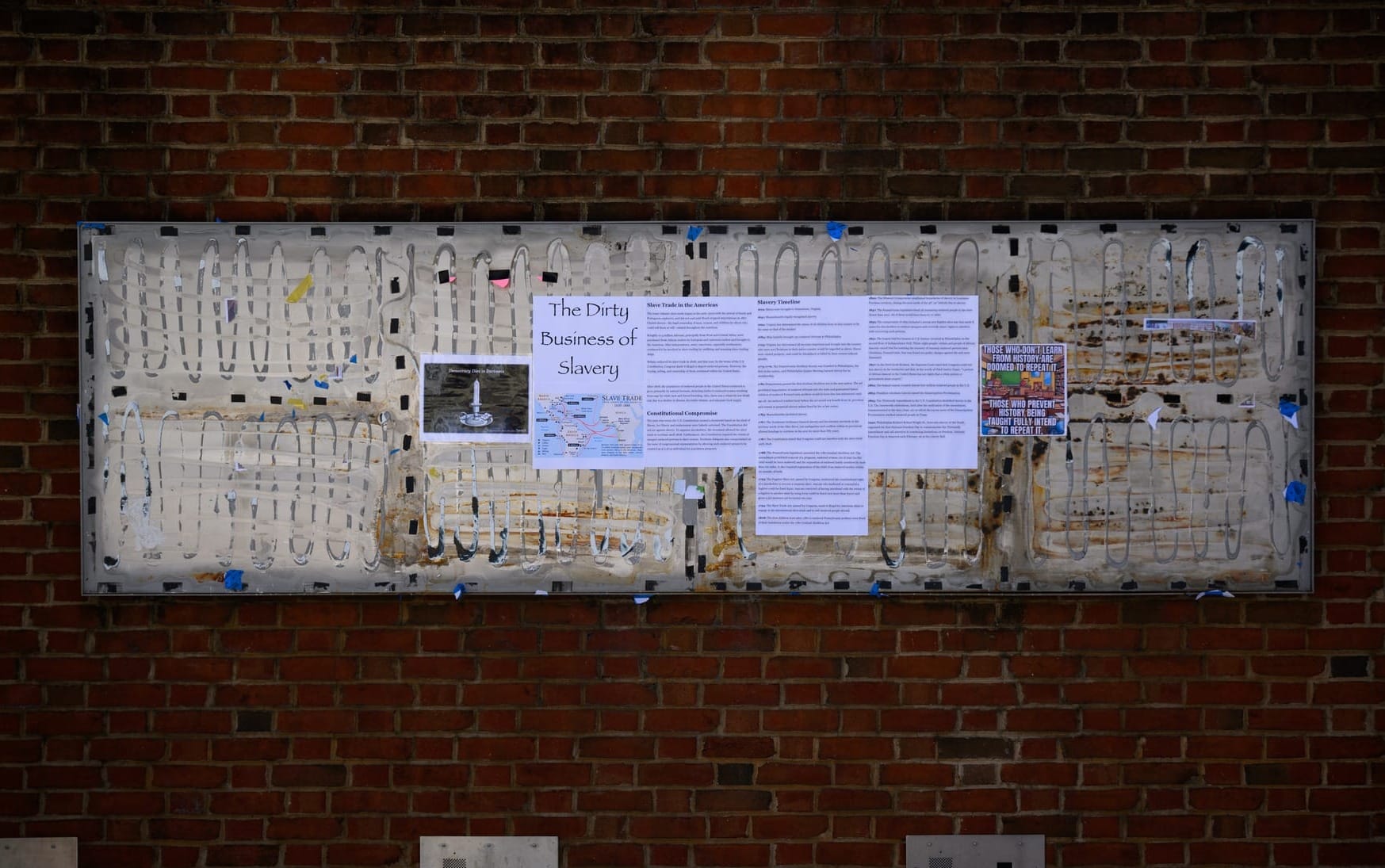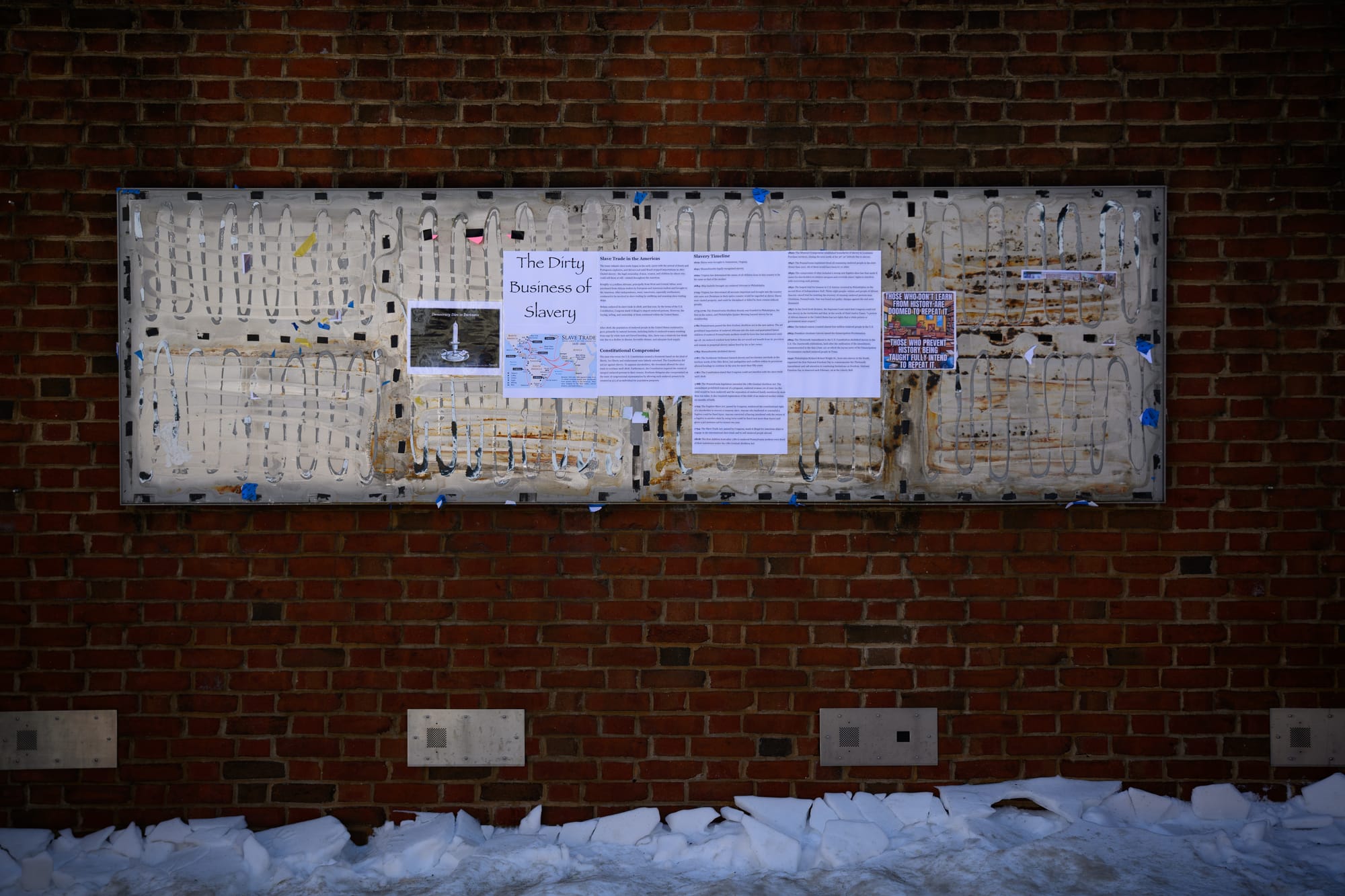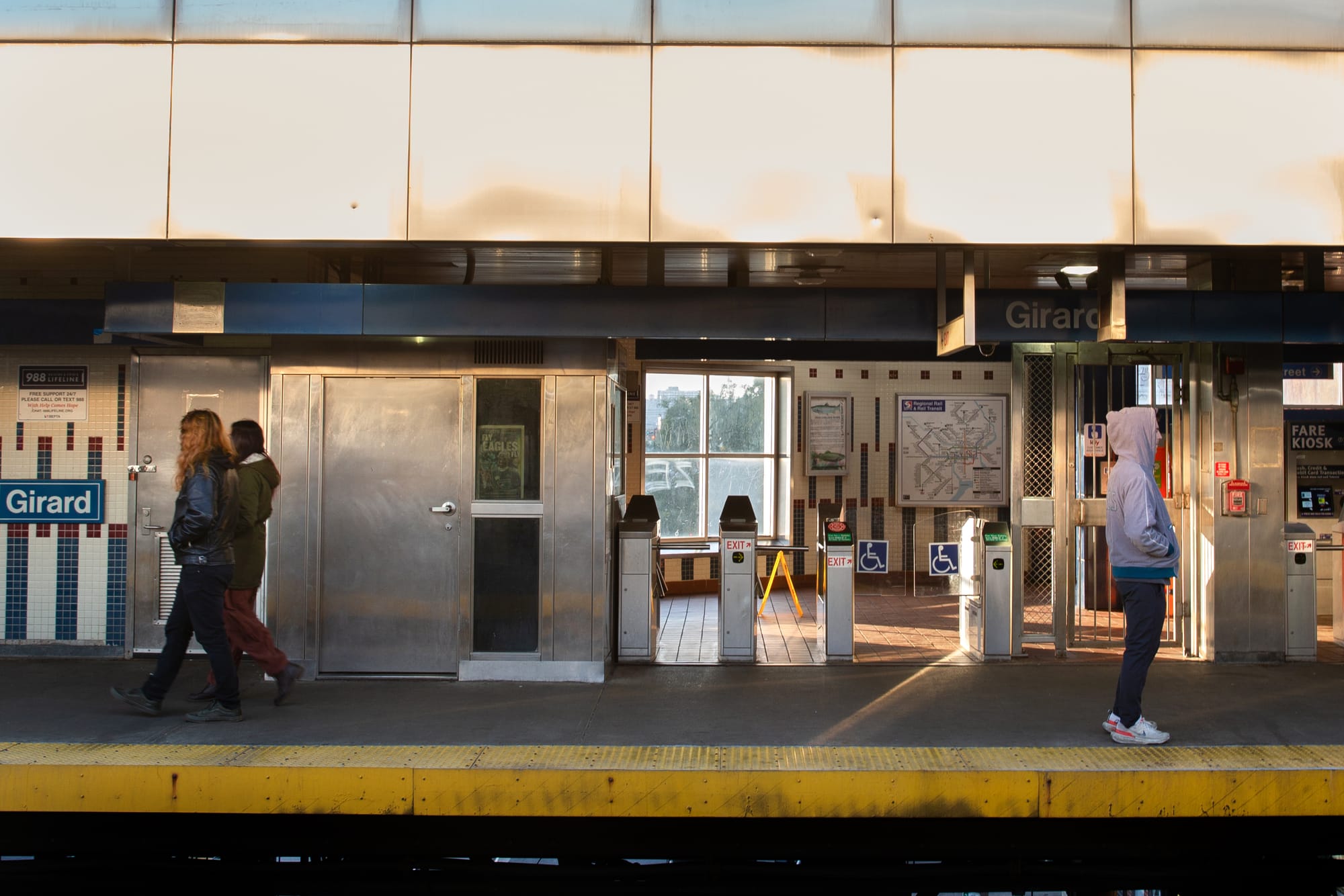Could a Zohran-Style Uprising Hit the Philly Machine?
Political earthquakes never copy themselves exactly, but the sudden retirement of Congressman Dwight Evans has created conditions that feel eerily familiar to what Democrats recently saw in New York in the primary for mayor.
Political earthquakes never copy themselves exactly, but the sudden retirement of Congressman Dwight Evans has created conditions that feel eerily familiar to what Democrats recently saw in New York in the primary for mayor.

Evans’s exit removes a durable fixture who long balanced reform talk with machine discipline. In the vacuum, three Democrats have already inched toward center stage.
State Senator Sharif Street, chair of the Pennsylvania Democratic Party, registered a congressional web domain within hours of Evans’s announcement.
State Representative Chris Rabb, the Northwest Philadelphia progressive known for stoop‑side town halls, followed by pledging to refuse corporate PAC money.
And State Representative Morgan Cephas, who steered major maternal‑health legislation through Harrisburg, is openly exploring a bid.
More names will emerge, yet these three already sketch the ideological triangle: establishment stalwart, activist‑institutionalist, and left populist. What makes this field combustible is not personality but price. Philadelphia rents now hover near nineteen hundred dollars for a typical apartment, a level that demands an annual income of roughly seventy‑five thousand dollars—well above the city’s median.
Housing costs are only the sharpest edge of a broader affordability crisis that includes SEPTA fares, grocery bills, and childcare fees. For working‑class Black families, the backbone of the Third Congressional District, the squeeze lands harder because generational wealth gaps leave fewer cushions when prices jump.
Economic anxiety surfaced at the polls last November. Citywide turnout fell by more than twenty thousand ballots compared with 2020, and Donald Trump improved his vote totals in almost every ward, particularly in neighborhoods where median incomes lag the regional average. The Democratic coalition did not fracture over cultural issues; it sagged under the weight of rent checks and grocery receipts.
Progressives believe that fatigue is also a chance. Rabb’s early rhetoric centers on housing supply, zoning reform, and a Green New Deal for Philly’s rowhouses—ideas that promise to put money back in pockets rather than asking voters for patience.
Street can claim similar ground; he has long backed expanding the city land bank and offering first‑time‑buyer tax credits. But as party chair he must also appease ward leaders who value predictability over disruption. Cephas occupies a pragmatic lane. Her legislative résumé shows she can turn rhetoric into statute, yet she must translate committee victories into pocket‑book urgency if she wants traction.
The lesson from Zohran Mamdani’s upset is not only that bold policies resonate. Campaigns win when they persuade voters that the fight is theirs to shape. In Queens, volunteers knocked every door twice, building an army outside the traditional political clubs. Philadelphia’s Third District arcs from West Oak Lane to Spruce Hill, a mosaic of block captains, union halls, and storefront churches.
Conventional turnout operations rely on the Democratic City Committee, whose ward system allocates sample ballots and van money. A challenger who counts on that infrastructure will inherit its low‑ceiling limitations. One who builds an independent field army might redraw Philadelphia’s electoral map in a single cycle.
Money counts, but small‑dollar fundraising no longer tilts automatically toward insiders. In the last midterm cycle, progressive newcomers from Summer Lee in Pittsburgh to Greg Casar in Austin raised millions online by connecting housing, student debt, and wages. A Philadelphia candidate who links the rent spike on Fifty‑Second Street to tax breaks for Center City luxury towers could tap a national donor network eager for proof that the left can win Black, urban districts.
Of course, nothing guarantees an upset. Street enters with statewide relationships, strong labor ties, and the argument that party leadership experience is a practical asset at a moment when the House majority hangs by a thread. Rabb’s anti‑machine posture may unsettle older voters who remember past reformers promising the moon and delivering budget cuts. Cephas brings policy depth but comparatively lower name recognition; she will need a narrative that feels immediate.
The reality is that inflation, though cooling, has left deep psychological grooves. City Hall is scrambling to advance an eight‑hundred‑million‑dollar housing bond, but renters see little immediate relief. City Council’s debate over guaranteed counsel for tenants facing eviction is buried beneath splashier headlines about stadium districts and crime.
Into that void steps a congressional primary where candidates cannot hide behind abstractions about foreign policy. They will be asked, plainly, if they support expanding federal housing vouchers, restoring the child‑tax credit, and breaking up grocery‑store consolidation that inflates prices in poor neighborhoods. They will also be asked where they stood when turnout sagged and Trump harvested disaffection.
The Zohran analogy has limits. New York’s Democratic machine was wobbling before Mamdani struck. Philadelphia’s remains sturdier, lubricated by judicial endorsements and union solidarity.
Machines, however, rot at the edges. Rising rents push longtime Black homeowners to the suburbs, and promising Temple and Drexel graduates decamp for Raleigh or Atlanta where their dollars go further. Each family that leaves erodes the moral authority of the status quo. A candidate who can translate that slow erosion into an alliance of disillusioned ward regulars and first‑time voters could crack the city’s political glass ceiling.
That possibility makes this contest larger than a résumé comparison. It is, in effect, a referendum on whether Philadelphia’s Democratic establishment can respond to the lived economy of its voters before those voters bolt or stay home. The Third‑District primary will not decide control of Congress, but it will decide whether the city sends another caretaker of an unequal status quo or a tribune for the generation living its consequences.
Philadelphia has watched insurgencies fizzle, smothered by paperwork challenges or drowned in eleventh‑hour advertising. It has also watched improbable victories, from Larry Krasner’s district‑attorney race to Helen Gym’s early City Council runs.
History rarely repeats; it leaves hints. Today it hints that the road to Congress may run through a rent bill tucked under a windshield wiper, a grocery receipt held up at a block meeting, and a doorbell rung by someone who still believes politics can make money feel like money again. Whether any candidate will listen—well, that is what the next few months will reveal.
